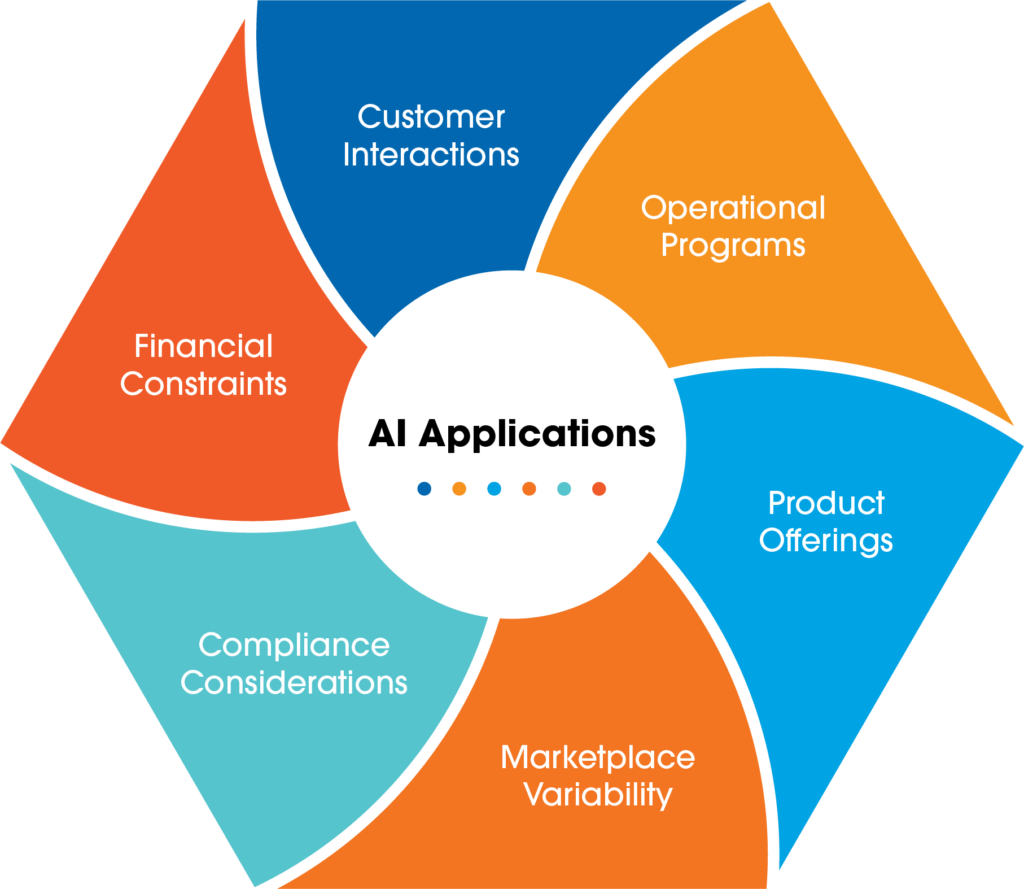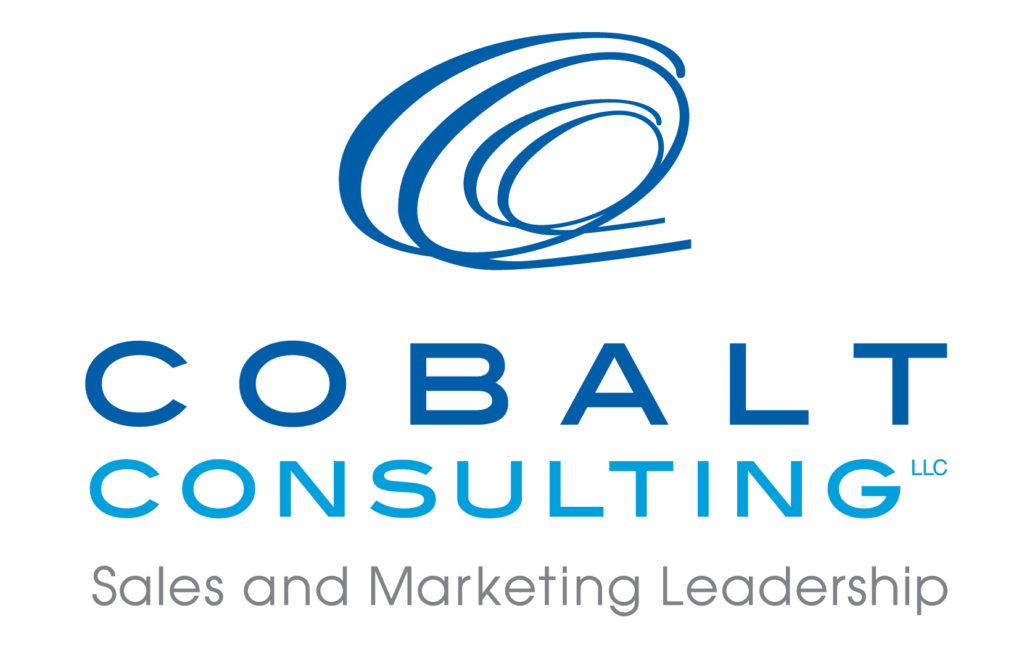AI Application Implementation
The Spaces
A descriptive paragraph that tells clients how good you are and proves that you are the best choice that they’ve made.

Work Floor
This is a short description elaborating the service you have mentioned above.

Full Kitchen
This is a short description elaborating the service you have mentioned above.

Conference Room
This is a short description elaborating the service you have mentioned above.
Business Use Case AI Assessment
Implementing Artificial Intelligence solutions into your business follows traditional change management protocol. While the technology is new, the measured approach to implementation is used anytime we consider AI solutions.
Hiring our team to Sara Bowen can be range from simple education to integrating machine learning solutions for your business.
AI is changing business in every way. It is time to start your AI journey now.

What We Have Here for You
Sara Bowen from Cobalt Consulting
Customer Interaction
AI boosts customer engagement through personalized experiences, enhancing satisfaction and loyalty.
Operational Programs
AI streamlines processes and optimizes resources by automating routine tasks.
Product Offering
AI drives innovation by analyzing data for smarter, adaptive product solutions.
Market Variability
AI uncovers market trends, enabling informed decision-making and strategic planning.
Compliance Considerations
AI automates reporting and monitoring, helping maintain compliance and reduce risk.
Financial Considerations
AI implementation can reduce costs and drive revenue growth through better decision-making.

Hire me as your guide!
I am your trusted partner in AI integration. I have studied AI for over two years and have been successfully using it to enhance marketing efforts and implement business solutions. I can bring this world to your organization.
The AI Implementation Road Map
Implement one or all of these steps to start your AI journey. I will guide you through.
The AI Implementation and Discovery Journey:
- AI Education: I offer workshops, seminars, or training sessions to educate your leadership and staff about AI capabilities, limitations, and the latest trends.
- Assessment of Business Processes: Review current business processes across departments to identify areas where AI could bring improvements, such as repetitive tasks, data analysis, customer interactions, etc.
- Benchmarking: Look at case studies or examples from similar businesses in your industry that have successfully implemented AI.
Define Your Objectives
- Identify Goals: Based on your newfound understanding of AI’s capabilities and your business process assessment, determine what you want to achieve with AI. This could range from enhancing customer experiences to streamlining operations or improving decision-making.
- Set Metrics: Establish clear, measurable KPIs to track the success of your AI initiatives.
Assess Your Current Capabilities
- Data Infrastructure: Evaluate your existing data collection, storage, and processing capabilities. Robust data infrastructure is crucial for AI effectiveness.
- Technology Audit: Review your current technology stack to determine if it’s AI-compatible or requires upgrades/new solutions.
- Skills Audit: Assess whether your team has the skills needed for AI implementation and management. Plan for training or new hires if necessary.
Explore AI Opportunities Across the Business
- Operational Efficiency: Implement AI for process automation, supply chain management, and resource optimization.
- Customer Insights and Engagement: Use AI for customer data analysis, behavior prediction, and personalized engagement strategies.
- Product or Service Innovation: Leverage AI for product development, quality control, and service enhancements.
- Human Resources: Apply AI in talent acquisition, employee engagement, and performance analysis.
Select Appropriate AI Technologies and Partners
- Technology Selection: Choose AI tools and platforms that align with your business goals and integrate with existing systems.
- Vendor Evaluation: If considering external vendors, select based on their expertise, support, and proven track record in similar business contexts.
Develop an Implementation Roadmap
- Pilot Project: Start with a pilot project in a specific area, such as customer service (e.g., chatbots) or operational automation.
- Iterative Approach: Adopt an agile methodology, expanding and refining AI use based on initial feedback and results.
Data Management and Governance
- Data Collection: Ensure efficient and ethical data collection practices to feed into AI systems.
- Data Privacy and Compliance: Adhere to relevant data protection laws and ethical standards in AI deployment.
Implementation and Integration
- Technical Integration: Collaborate with IT teams or external vendors for seamless integration of AI solutions.
- Workflow Adaptation: Modify existing workflows to accommodate AI tools and processes.
Training and Change Management
- Staff Training: Educate your staff on AI tool usage and interpretation of AI-generated insights.
- Change Management: Prepare the organization for operational changes and workflow adaptations due to AI integration.
Monitoring and Optimization
- Performance Tracking: Continuously monitor AI performance against set KPIs.
- Continuous Improvement: Regularly update and optimize AI tools based on performance feedback and evolving business needs.
Scale and Innovate
- Scaling: Gradually extend AI implementation to other areas of the business after successful pilot tests.
- Innovation: Stay abreast of AI advancements to continually enhance and innovate your business processes and offerings.

Artificial intelligence is everywhere. Don’t fall behind your peers, let’s start implementing AI into your business practices today.